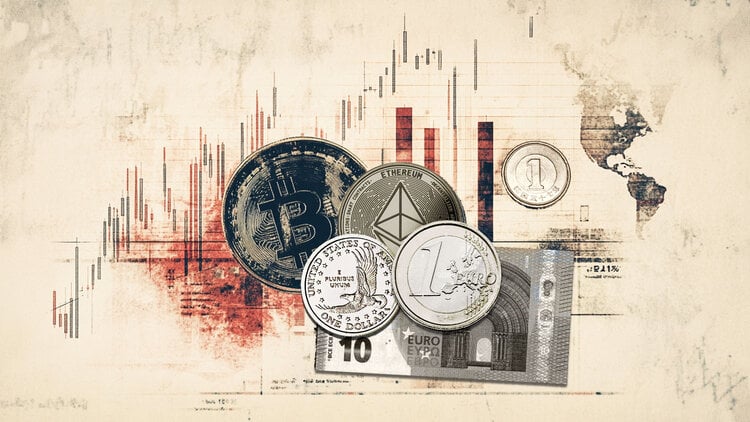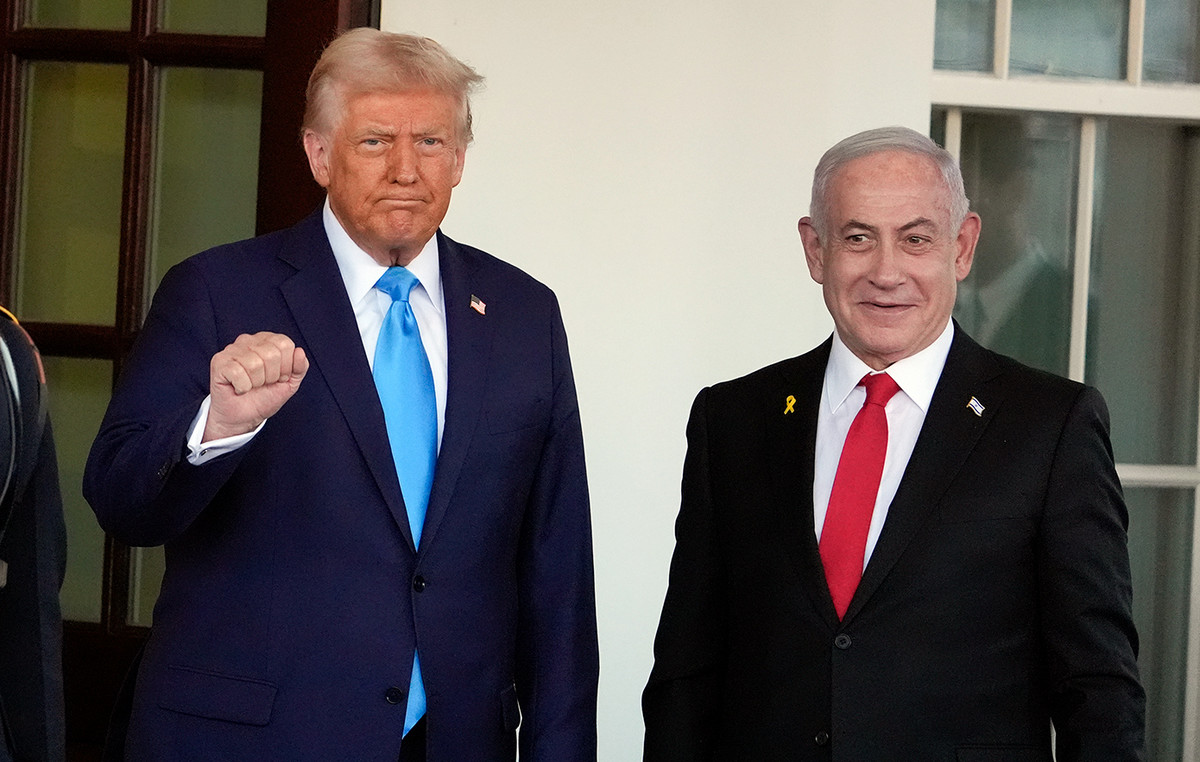The International Monetary Fund (IMF) estimates that US$50 billion is needed to eradicate food insecurity in the world over the next 12 months, ensuring the food needs of 345 million people globally.
In a study on the subject, the Fund highlights the problems caused by the rise in food prices, which came at high levels, and had a special surge with the war in Ukraine.
The IMF highlights 48 countries among those most affected by the crisis.
Brazil is not among them, but it is remembered as Russia and Ukraine’s seventh largest importer of fertilizers, affecting around 0.2% of the country’s GDP, according to the survey.
To compensate the most vulnerable inhabitants of the 48 nations, the IMF estimates a cost between US$5.1 billion and US$7.2 billion in 2022.
Furthermore, “it is important to note that the additional costs are borne at a time when domestic revenues are likely to be under pressure due to lower GDP growth, which weighs especially heavily on tax revenue,” the IMF recalls.
In countries with already limited fiscal space, “this requires a careful new prioritization of public spending,” the organization says.
For many countries, the additional pressures on current account deficits and international reserves come at a time when their external positions have already been weakened by the pandemic, he says.
The IMF suggests that more than half of the 48 countries identified as highly exposed to the food crisis also have relatively weak external or fiscal buffers, which limits their ability to respond to the shock.
Reserves for 15 countries cover less than three months of imports and reserves for eight other countries do not exceed four months, he points out.
In this context, “it is important to note that the mobilization of additional domestic revenues to help cover the expenses necessary to mitigate the food crisis is often difficult in the short term”, he assesses.
A recent IMF survey of 174 countries shows that many have taken steps to mitigate the social impact of higher food and energy prices.
The study suggests a clear correlation between the use of cash transfers and a country’s level of development: they are typically used by more advanced economies.
For the IMF, ideally, “widespread food consumption subsidies should be phased out over time” and should be replaced by income support targeted at the poor.
“A gradual reduction could be accompanied by a commitment to its total elimination in the medium term. During the transition, the targeting of subsidies could be improved to reduce leakage to higher-income groups”, he says.
Source: CNN Brasil
Joe Jameson, a technology journalist with over 2 years of experience, writes for top online news websites. Specializing in the field of technology, Joe provides insights into the latest advancements in the industry. Currently, he contributes to covering the world stock market.







